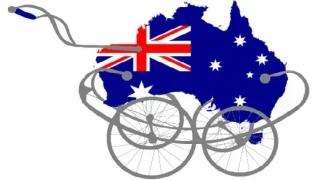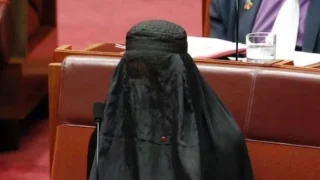
Many social policy researchers and practitioners in Australia believe that a high minimum wage helps alleviate poverty. But a high minimum wage provides no relief for the majority of poor households that are jobless and therefore receive no wage. A high minimum wage, furthermore, destroys employment opportunities for, and thereby increases unemployment among, low-skilled workers. Unemployment, in turn, exacerbates poverty.
- The number of jobless households has risen sharply in recent years. In 1997–98, 16.3% of all Australian households had no member in paid employment, a 3.6 percentage point increase from the corresponding figure from 1982. Joblessness is a major cause of poverty. Australia’s social policy community, while sharply divided on the definition and measurement of poverty, nonetheless shares a view that the risk of being poor is far greater for those out of work. Poverty will be alleviated significantly by engaging the poor in gainful employment.
- For those households that do have a low-wage earner, the amount of relief that an increase in the minimum wage provides is very small due to the ‘welfare trap’.
- Take, for example, a household with one adult receiving the federal award minimum wage, one adult not participating in the labour force and two dependent children. A higher minimum wage will push up their weekly before-tax earnings so that they lose part of their Parenting Payment. They will also have to pay more income tax. Perversely, much of the gain from an increase in the minimum wage is captured by households that are better off to begin with. The Federal government also profits from a decrease in social security spending and an increase in tax revenues.
- A high minimum wage destroys jobs. Many low-paid workers are low-skilled. A rise in the minimum wage increases the cost of low-skilled labour, to which employers may respond by cutting the number of low-skilled workers that they hire. A rise in the minimum wage also increases labour ‘on-costs’ – for example, leave entitlements, superannuation contributions, workers’ compensation premiums – as many of these are proportional to wages. The cost of labour therefore rises by a lot more than just the increase in the minimum wage.
- The low-skilled are over-represented among the unemployed. A high minimum wage will merely add to low-skilled unemployment, and runs counter to the supposed objective of helping the most disadvantaged. Counterintuitive as it may sound, it is a decrease not an increase in the minimum wage that will help marginal labour market participants.
Dr Kayoko Tsumori is a Policy Analyst at The Centre for Independent Studies.
Poor Laws (2) is the second in a series on reforming Australia’s welfare and labour market policies.










